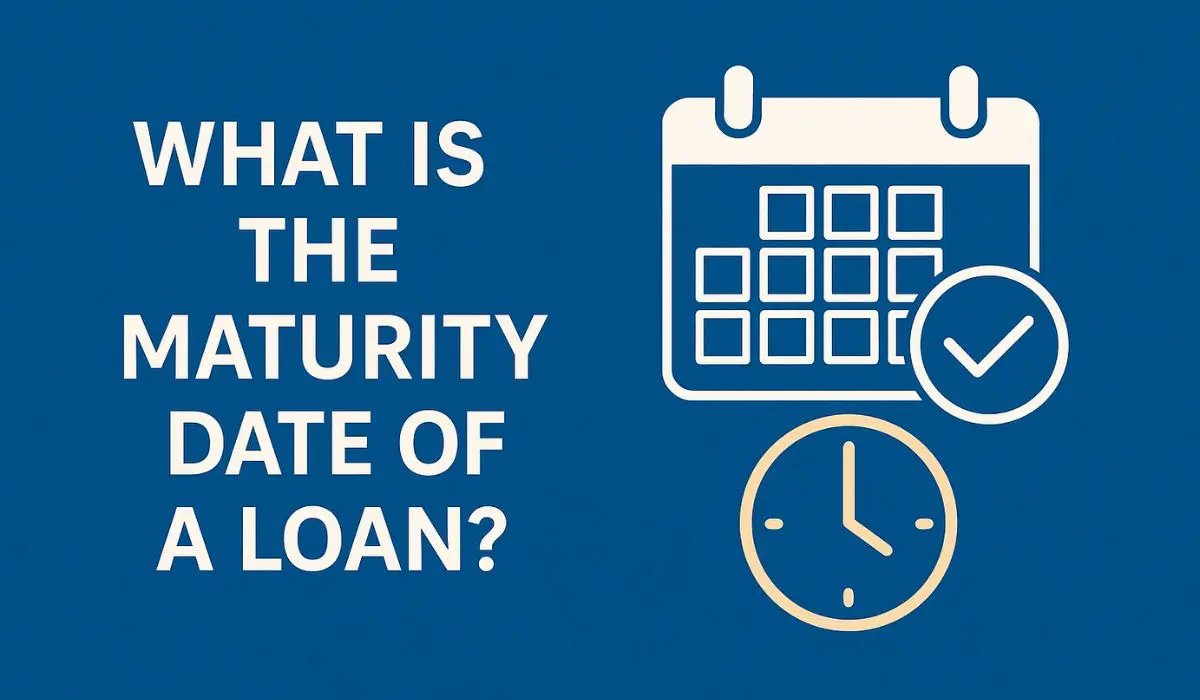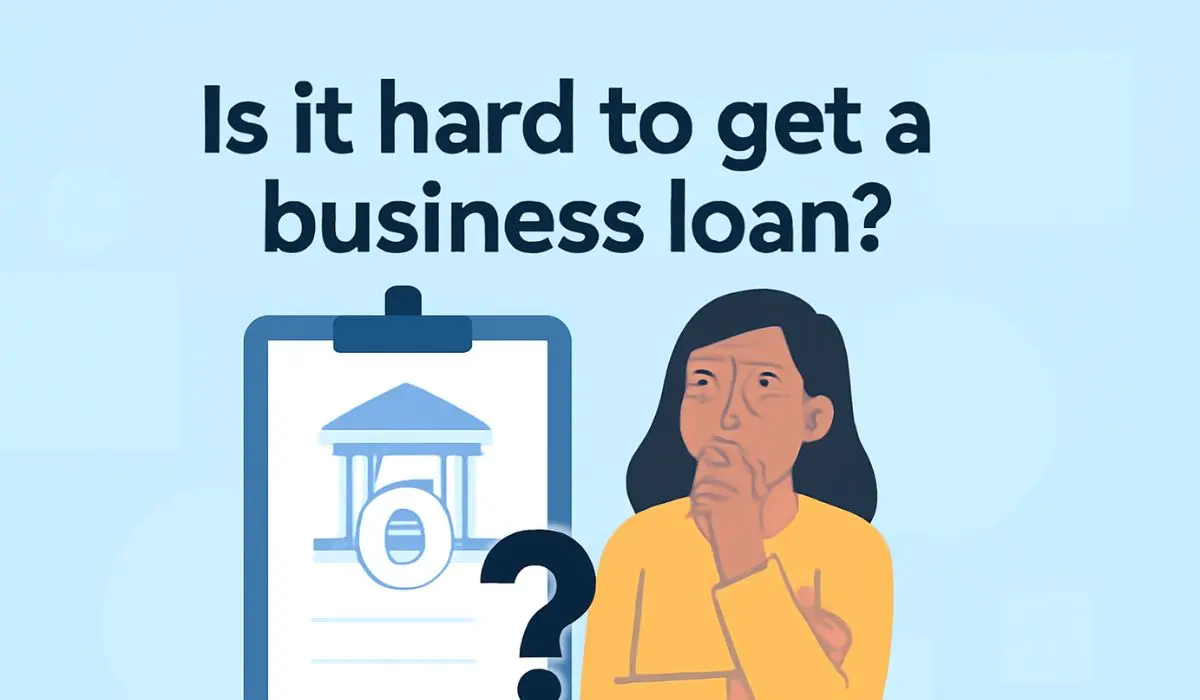When you borrow money, like with a car loan, a home loan, or even a personal loan, there is a date that marks the end of the loan. This is called the maturity date. Understanding this date is important because it tells you when you need to pay off the full amount of the loan.
What Is a Maturity Date?
The maturity date is the final date when the borrower (that’s you) needs to pay off the full amount of a loan, including any interest. This date is set when you first agree to the loan. The length of time you have to repay the loan is called the loan term, and the maturity date is simply the last day of that term.
For example, if you take out a 60-month auto loan on January 1st, 2025, your loan’s maturity date would be January 1st, 2030. By this date, you need to pay back all the money you borrowed plus the interest.
Why Is the Maturity Date Important?
The maturity date is important because it tells you when the loan is officially paid off. If you make all your payments on time and as agreed, you will own the asset, like your car or home, free and clear by the maturity date. But if you miss payments, the loan might not be fully paid by the maturity date, which could lead to problems.
What Happens If I Don’t Pay Off My Loan by the Maturity Date?
If you still owe money on your loan when the maturity date arrives, here’s what might happen:
- Loan Default: If you miss payments or don’t pay by the maturity date, your loan could go into default. This means you haven’t kept up your part of the agreement, and the lender could take action.
- Repossession: For loans like car loans, the lender might take back the car if you haven’t paid the loan in full by the maturity date. This can happen without any warning in many places, so it’s important to stay on top of your payments.
- Legal Action: If your car or home is repossessed and sold for less than what you owe, the lender might try to collect the remaining balance through legal action, meaning they could sue you for the extra money.
- Damage to Your Credit: Missing payments or defaulting on your loan can hurt your credit score, which can make it harder to get loans in the future.
- Collection Agencies: If you don’t pay on time, your loan could be handed over to a collection agency, and that will show up on your credit report for years.
What Should I Do If My Loan Isn’t Paid Off by the Maturity Date?
If you find yourself in a situation where your loan isn’t paid off by the maturity date, here’s what you should do:
- Review the Loan Agreement: Check the terms of your loan to understand how much you owe and if there are any extra fees or interest charges.
- Pay What You Owe: If you can, pay off the remaining balance all at once to avoid any issues. It’s the best way to get your loan settled.
- Contact Your Lender: If you don’t have the money to pay in full, talk to your lender. They might be willing to work with you on a payment plan or offer a temporary break on payments.
How to Avoid Paying Past Your Loan’s Maturity Date?
Here are a few tips to help you avoid running into problems when your loan’s maturity date approaches:
- Set a Realistic Budget: Before you even get the loan, make sure it fits into your budget. It’s important to only borrow what you can afford to pay back each month.
- Choose the Right Loan Term: If you can, go for a loan term that fits your financial situation. A shorter loan term will mean higher monthly payments, but you’ll pay less interest overall. A longer term will have lower monthly payments, but you’ll pay more in interest.
- Set Up Automatic Payments: Setting up automatic payments is a great way to make sure you never miss a payment. This will help you stay on track and avoid any late fees.
- Pay Extra When You Can: If you can afford it, try to pay a little more than the minimum each month. This will help you pay off the loan faster and reduce the amount of interest you pay in the long run.
- Check for Extra Fees: Be sure to check if there are any fees for late payments or paying off the loan early. Some loans charge a prepayment penalty, so make sure you understand the terms before you start making extra payments.
- Avoid Deferments: Some loans let you pause payments, but interest still adds up during this time, which means you’ll owe more in the end. It’s better to keep making payments on time whenever you can.
Conclusion
The maturity date of a loan is the final day you need to repay the full loan amount. Understanding your loan’s maturity date is crucial to ensure you don’t face penalties, repossession, or damage to your credit. By planning ahead, sticking to a budget, and making your payments on time, you can avoid complications and pay off your loan without stress.
FAQs
If you don’t pay the loan by the maturity date, you may face loan default, repossession (for car loans), legal action, damage to your credit score, and collection efforts.
The maturity date is the final date when the full loan must be paid off, while the due date refers to the regular payment date within the loan term.
When a loan hits maturity, the borrower is required to pay off the remaining balance of the loan, including principal and interest.
On the maturity date, the borrower must settle the loan in full. If not paid, penalties such as default, repossession, or damage to credit could occur.
Yes, the maturity date is the end of the loan term when the final payment is due and the loan is considered paid off.
Yes, you can pay off a loan before the maturity date, but check for any prepayment penalties in your loan agreement.





